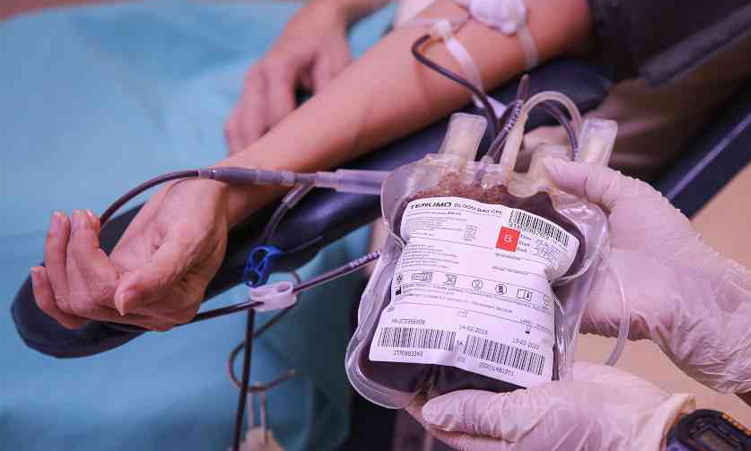A parliamentary standing committee has raised concerns over smuggling and poor service delivery at Namibia’s border posts.
Additionally, dilapidated infrastructure, poor housing, and insufficient health and education services have been mentioned.
The National Council standing committee on public accounts and economy yesterday tabled a report following its visit to the Namibia Revenue Agency’s customs offices in the Omaheke, //Kharas, Erongo and Ohangwena regions between 10 and 21 June.
The committee’s chairperson, Peter Kazongominja, said electricity supply is particularly concerning at the Trans-Kalahari border post in the Omaheke region.
“Electricity and network supply is very weak and constantly off, especially during the rainy season, which puts all processes of border operations, including state revenue, at risk,” he said.
He said the same border post also has poor health and education provision.
“There is an urgent need for a pre-primary school to cater for the children of officials deployed at the border. Meanwhile, the local clinic lacks basic medical equipment and medicine to cater for the needs of the ever-increasing border community and travellers,” Kazongominja said.
He also raised concern about the persistent smuggling of vehicles, cigarettes, alcohol and fuel at border posts.
“Smuggling occurs when companies and individuals attempt to supply goods or services that are illegal or heavily taxed. With non-intrusive inspection methods such as scanners, customs officials mitigate the effect of smuggling of goods and drugs by intensifying targeted physical examination,” Kazongominja said.
According to the report, customs officials are experiencing challenges with traders presenting undervalued tax invoices which do not reflect the genuine values of goods.
“The most common misrepresentation of invoices is presented by traders importing second-hand vehicles and small and by medium-sized importers, known as ‘order with me’,” he said.
Some of the challenges identified at border posts in the //Kharas region include transit fraud, smuggling, round tripping of bonded goods, system connectivity issues, language barriers and outdated infrastructure.
The Noordoewer border post has been suffering from non-working lights, a broken fence and gates since 2011, unsafe drinking water, a malfunctioning sewerage system, and dirty, broken toilet facilities.
Kazongominja said the committee observed that Namra officials do not have a boat for sea patrols in the Erongo region.
“When vessels dock 10km to 20km away due to space and size, the officials cannot do any examination on them. They just have to rely on what they are told is in the vessel,” Kazongominja said.
He said the lack of a boat also means that Namra is not able to verify whether the correct fuel levies are paid.
Namra officials don’t know the correct classification of minerals as they are not minerals experts and do not have testers to test which minerals are leaving the country.
“Hence, in many instances some minerals are exported without paying the appropriate levy,” Kazongominja said.
Meanwhile, the committee was informed that the current drought has prompted Namibians and Angolans to take their animals for grazing, as well as for themselves to buy food across borders.
“The governor mentioned that many people in the region are complaining about Namra’s charges at the border when Namibians go to buy mahangu from Angola,” Kazongominja said.
Cheap fuel smuggled into the country through the Oshikango border post remains an issue of contention in the Ohangwena region.
“Informal traders make use of ungazetted entry points to enter the country. Fuel, second-hand clothing and food are the main commodities that come through the country through smuggling.”
Kazongominja said accommodation for police officers at the Oshikango border post is not sufficient.
“The committee observed accommodation in the form of shacks for police officers,” he said.
Meanwhile, the report also highlighted the shortage of staff for the planned one-stop border post between Namibia and Botswana.
“The current staff compliment for all border agencies will not be able to meet the demands of the workload and the operationalisation of the one-stop border post.”
Overall, the customs agency would require 23 additional staff members, including their accommodation, to complement the existing staff at the border post.
Namra is yet to respond to the report’s findings.
Stay informed with The Namibian – your source for credible journalism. Get in-depth reporting and opinions for
only N$85 a month. Invest in journalism, invest in democracy –
Subscribe Now!








